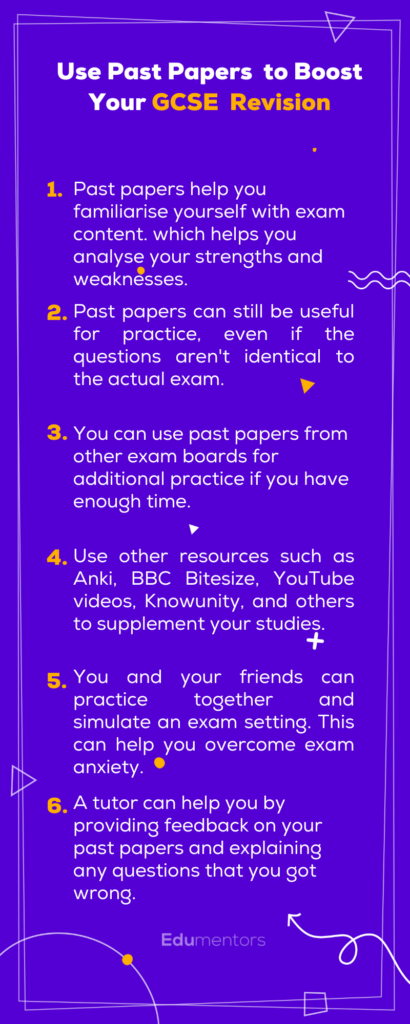AQA
Paper 1 – The Sociology of Families and Education
Paper 2 – The Sociology of Crime and Social Stratification
FAQ About GCSE Sociology

What is GCSE Sociology?
GCSE Sociology is an educational program that introduces students to the study of human society and behavior. It is typically taken by students in the United Kingdom at the secondary school level, usually in Year 10 or Year 11.
The course aims to provide students with a broad understanding of sociology, covering topics such as social stratification, culture, family, crime, and deviance. Through this course, students develop their analytical and critical thinking skills, as well as their ability to communicate ideas effectively through writing. GCSE Sociology can be a useful foundation for further study in sociology or related fields, as well as a stepping stone to a range of careers in fields such as social work, journalism, law enforcement, and education.
What do I need to know to take GCSE Sociology?
To take GCSE Sociology, there are no specific prerequisites or prior knowledge required. However, having a good understanding of English language and basic mathematical skills can be helpful. It is also useful to have an interest in social issues and an ability to think critically and analytically.
During the course, you will learn about a range of sociological theories and concepts, as well as develop skills in research, analysis, and communication. Therefore, a willingness to learn and a strong work ethic are important traits for success in GCSE Sociology. Additionally, familiarity with the exam format and marking criteria can also be beneficial in preparing for assessments. Your teacher or course materials will provide guidance on what you need to know and how to prepare for exams.
How is GCSE Sociology assessed?
GCSE Sociology is typically assessed through written exams, which are usually taken at the end of the course. The exams may include a combination of multiple-choice questions, short answer questions, and essay-style questions that require you to demonstrate your knowledge and understanding of sociological concepts, theories, and research methods. Some exam boards also include coursework or practical assessments as part of the assessment process, which may involve conducting research, analyzing data, and presenting findings.
The exact format and structure of the assessment will vary depending on the exam board and the specific course you are taking. To succeed in GCSE Sociology assessments, it is important to prepare thoroughly by studying course materials, practicing exam-style questions, and developing your analytical and writing skills. Your teacher or course materials will provide guidance on what to expect in exams and how to prepare for them.
What skills do I need to succeed in GCSE Sociology?
To succeed in GCSE Sociology, there are several skills that you will need to develop:
- ✅ Analytical skill. You will need to be able to analyze and evaluate sociological theories and concepts, and apply them to real-world situations.
- ✅ Critical thinking skills. You will need to be able to think critically and independently, and be able to identify and evaluate different perspectives on social issues.
- ✅ Writing skills. You will need to be able to communicate your ideas effectively through written assignments and exam answers, using clear and concise language.
- ✅ Research skills. You will need to be able to conduct research, collect and analyze data, and draw conclusions based on evidence.
- ✅ Time management skills. You will need to be able to manage your time effectively, balancing your studies with other commitments.
- ✅ Interpersonal skills. You will need to be able to work collaboratively with others, participate in discussions, and listen to different perspectives.
- ✅ Self-motivation. You will need to be self-motivated and disciplined, taking responsibility for your own learning and seeking help when needed.
Developing these skills will not only help you succeed in GCSE Sociology but will also be valuable in many other areas of your life. Your teacher or course materials will provide guidance on how to develop these skills throughout the course.
What careers can GCSE Sociology lead to?
GCSE Sociology can be a useful foundation for a variety of careers, including those in social work, teaching, journalism, law enforcement, and human resources. The knowledge and skills gained from studying sociology can be applied to a range of professions that involve working with people, understanding social issues, and analyzing data.
For example, if you are interested in social work, a GCSE in Sociology can provide you with a strong foundation for further study in the field. Similarly, if you are interested in journalism, sociology can help you understand social issues and how they impact people’s lives, allowing you to report on these issues in a more informed and insightful way.
If you are interested in law enforcement or criminal justice, studying sociology can help you understand the root causes of crime and deviance, as well as the impact of social inequality on criminal behavior. This knowledge can be valuable in a range of roles, from policing to probation.
Finally, if you are interested in human resources, sociology can help you understand organizational behavior, workplace diversity, and the impact of social factors on employee performance and satisfaction.
Overall, GCSE Sociology can be a valuable foundation for a range of careers, and can also be a stepping stone to further study in sociology or related fields.
What resources are available to help me prepare for GCSE Sociology?
There are a variety of resources available to help you prepare for GCSE Sociology, including textbooks, revision guides, online courses, and past papers. Here are some specific resources that you may find helpful:
- ✏️ Textbooks. A good sociology textbook can provide you with a solid foundation of knowledge and understanding. Look for textbooks that are specifically designed for GCSE-level students, and that cover the topics that you will be studying in your course.
- ✏️ Revision guides. Revision guides are designed to help you review and consolidate your knowledge in preparation for exams. Look for guides that include exam-style questions, as well as tips and strategies for exam success.
- ✏️ Online courses. There are many online courses and tutorials available that can help you develop your sociology skills and knowledge. These can be especially helpful if you are struggling with a particular topic or concept.
- ✏️ Past papers. Past papers can be a valuable resource for practicing exam-style questions and familiarising yourself with the exam format and marking criteria. Many exam boards make past papers available online.
- ✏️ Study groups. Studying with others can be a great way to learn and review course material, as well as to share knowledge and insights. Consider forming a study group with classmates or joining an online study group.
Your teacher or course materials may also provide additional resources and guidance on how to prepare for GCSE Sociology. It’s important to use a variety of resources and study methods to ensure that you are fully prepared for the course and exams.









